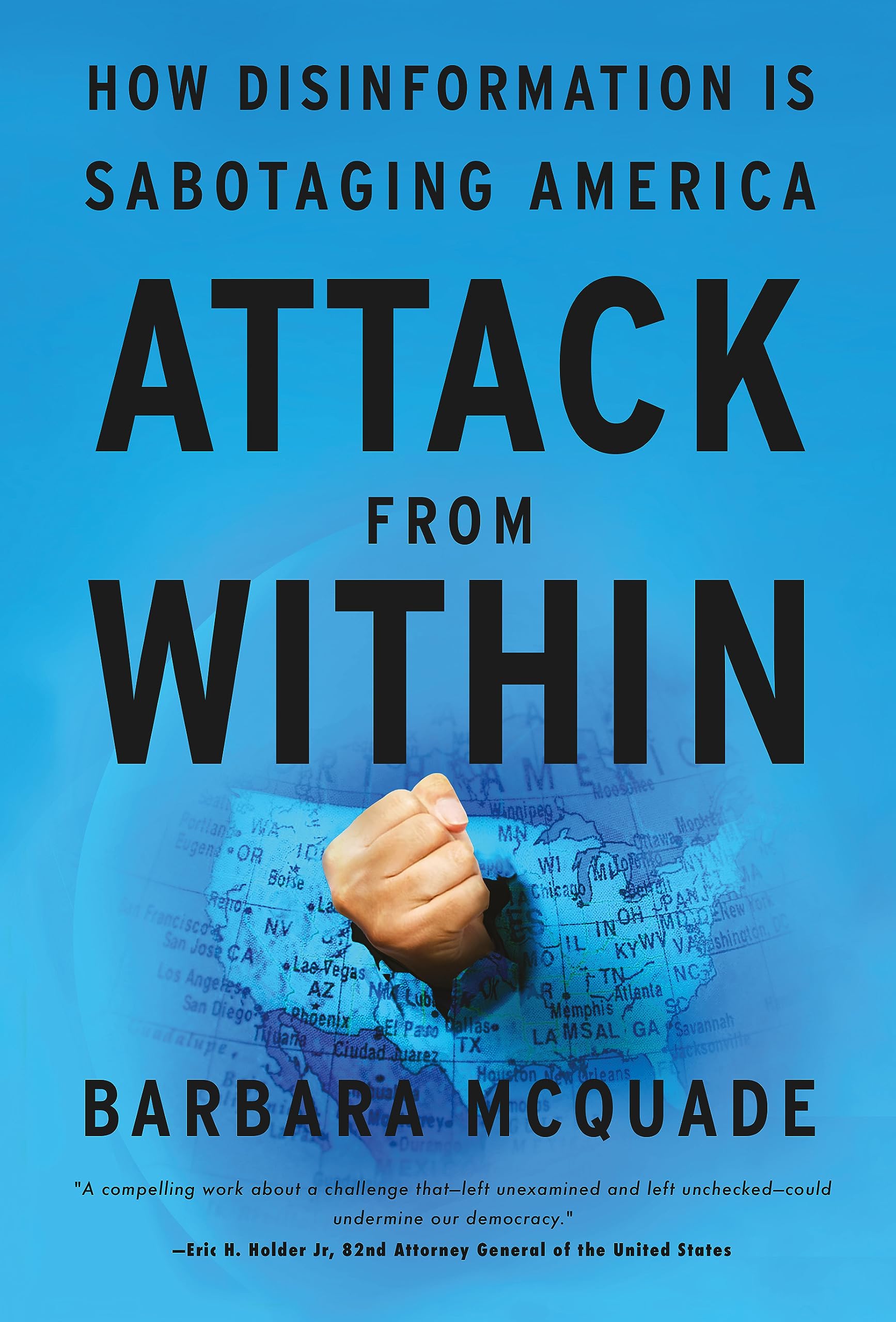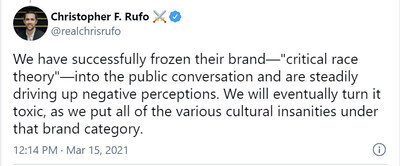What do you think?
Rate this book


385 pages, Kindle Edition
First published February 27, 2024
‘Tactics in the authoritarian playbook include appealing to emotion over reason, exploiting divisions, undermining critics, dismantling public institutions, stoking violence, and creating an image of the Leader as both an everyman and a superman. Disinformation is the catalyst that allows these tactics to work.’
‘To abandon facts is to abandon freedom. If nothing is true, then no one can criticize power, because there is no basis upon which to do so. If nothing is true, then all is spectacle. The biggest wallet pays for the most blinding lights.’

‘To become a crowd is to keep out death. To break off from a crowd is to risk death as an individual, to face dying alone. Crowds came for this reason above all others. They were there to be a crowd.’
‘Stochastic terrorism occurs domestically in the United States when prominent Americans use their platforms to aggressively demonize others’
‘To stop the truth killers from succeeding, we must get more serious about fighting the amplification of misinformation and disinformation, and for that we need to create more reason for both partisan and social media outlets to curb the role that they play in propagating polluted content.’